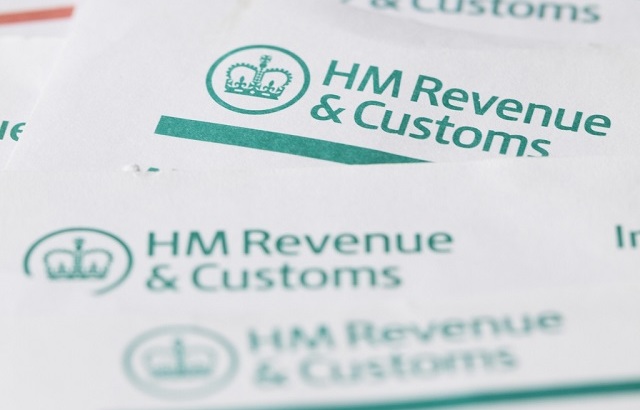The UK’s Department for Work and Pensions (DWP) has confirmed to International Adviser that it would cost £500m ($640.9m, €562.7m) to reverse the frozen pensions of British expats around the world.
A DWP spokesperson said: “The policy on paying and uprating UK state pensions abroad has remained consistent for around 70 years under successive governments: the UK state pension is payable worldwide to eligible people but is only uprated abroad where there is a legal requirement to do so.
“If all UK state pensions paid overseas were uprated to the level payable in the UK this would cost an extra £500m a year.”
Expat protests
Last week, 93-year-old British expatriate Anne Puckridge, who retired to Canada, came to London to present a petition signed by more than 200,000 people to the UK prime minister, protesting about frozen expat pensions.
Frozen pensions affect more than 516,000 expats worldwide. Brits who have retired in Central America, Africa and in most countries in South America and Asia have had their pensions frozen to the rate available on their retirement day and are not eligible to yearly uprates like their counterparts living in the UK, EU and US do.
Ten per cent of UK state pensions are paid to overseas residents, nearly 5% of which are frozen.
Clive Walford, chairman of the Pension Parity in Indonesia group, who also presented written evidence to the UK parliament on the issue in June 2013, reached out to International Adviser and claimed the legislation to be “illogical” and “incomprehensible”.
“The State Pension is, as the appropriate Pension Act 2014 states, an entitlement (to the state pension) on reaching pension age and the required contributory years. There are no other conditions such as where you live.”
The issue of overseas retirees is dealt with under section 20 of the act. “[It] provides an enabling facility by saying a regulation may be introduced to withholding uprating. It does not say why it should be withheld,” said Walford.
However, section 20 claims that further regulation regarding pensioners who have decided to retire abroad should come from the secretary of state.
Reciprocal agreements
Pensions for British overseas residents are administered through social security rights agreements with other countries, also referred to as ‘bilateral agreements’ or ‘reciprocal agreements’ (RAs).
According to the DWP, these agreements are in place to “protect the social security rights of workers moving between the two countries”.
Although, Canada and New Zealand have RAs with the UK, pensioners living in either of the two countries are not entitled to a yearly increase in their UK state pension.
It seems that the countries where British pensioners cannot receive a pension uprate do not hold the legal requirements that would entitle pensioners to their yearly increase.
Therefore, it might be easier for activists such as Puckridge and Walford to start lobbying the countries they have retired to in order to change the legal requirements that apparently do not allow their pensions to be uprated.
In yesterday’s Autumn Budget, the UK government did not make any provisions to change the frozen pension regulations.








